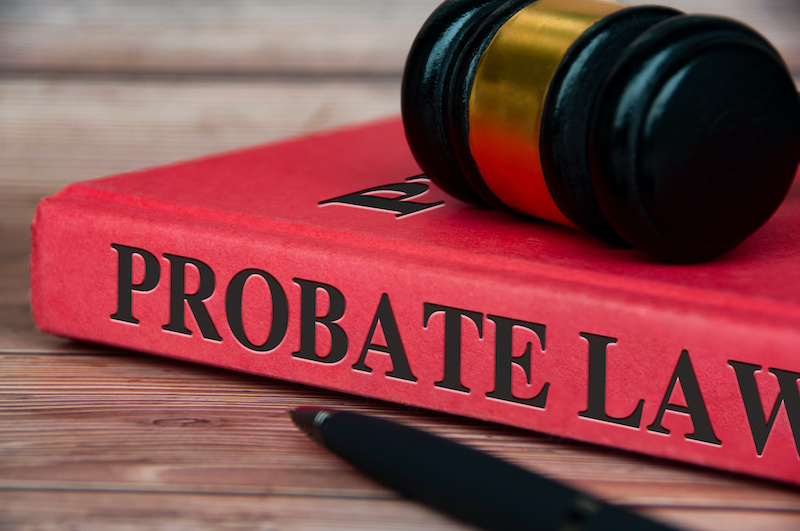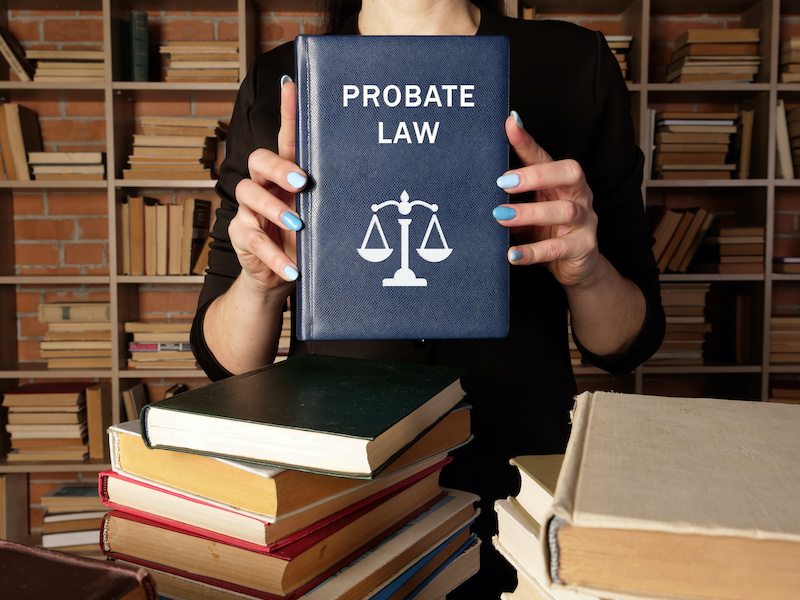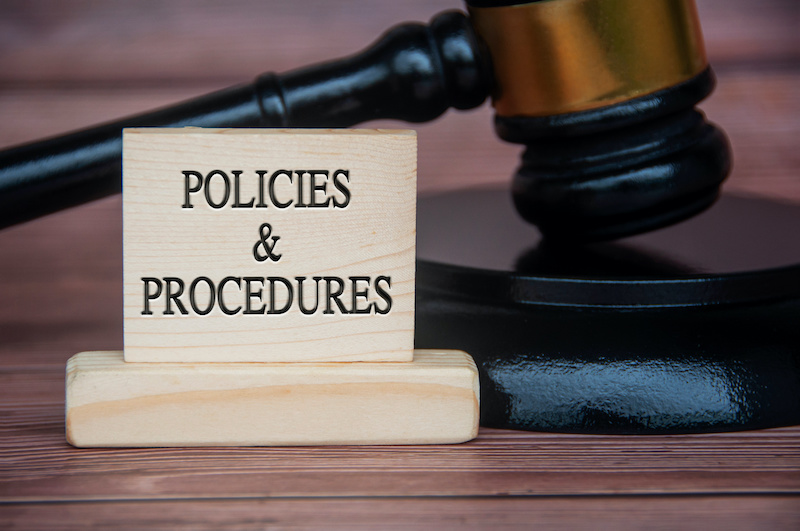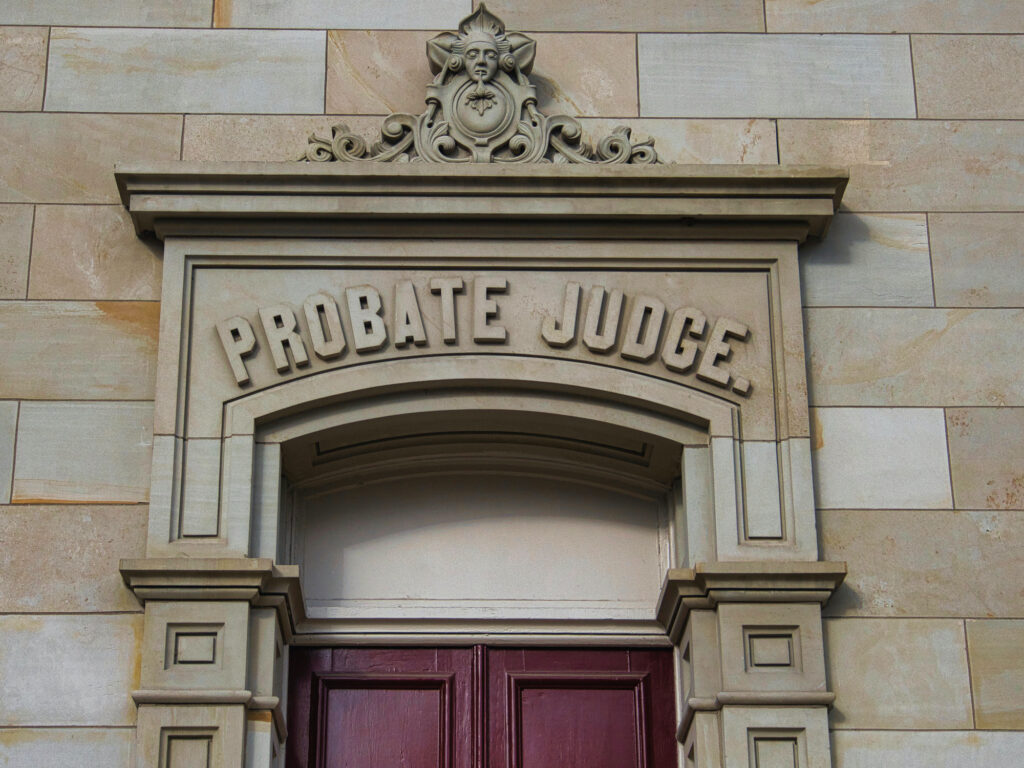
Thoughtful estate planning can help you minimize or avoid probate. In reality, most heirs will have to navigate the process to some degree after losing a loved one. Careful estate planning can minimize the impact on an estate’s value and inheritors’ well-being.
What is Probate?

The process is a series of court-supervised proceedings. Thus, in them, the decedent’s assets become retitled and distributed to the named heirs. It also includes validating the decedent’s will. In addition, heirs, other interested parties, and creditors have the right to contest the will in probate court.
The process is generally efficient in smaller estates but can become lengthy and complex in larger ones. States have varying probate codes, and many have informal and formal processes. Therefore, the informal process occurs when there is no expectation of a contest to the estate. Typically the administration of the estate includes the personal representative or executor, beneficiaries, creditors, and a judge.

Which Property and Assets Not Subject to Probate Court?
- Property held in joint tenancy with rights of survivorship
- Property held as tenancy by the entirety
- All trust property
- Retirement funds with named beneficiaries
- Life insurance policies with named beneficiaries
- Annuities with named beneficiaries
- Transfer-on-death (TOD for securities) accounts
- Pay-on-death (POD for cash) accounts
What Happens?

The first step in probate is producing and validating the will. It is also useful to contact family members and other heirs at the onset of the probate process. Involving known heirs provides information about who accepts the state of the will or whether it will be contested. Without objection, an estate planning attorney can prepare documents, have people sign and notarize consent forms, and file the probate documents with the court. Proceedings may occur in the physical court setting or virtually. Routine probate hearings often occur on video platforms such as Zoom, streamlining the process and creating convenience for the court, attorneys, and clients. Virtual probate hearings are also more cost-effective for clients.
How Long is the Probate Process?

An informal probate process can conclude in as little as six to eight months. An estate with complex assets, contests to the will, or both may experience a complicated probate process that is extensive, expensive, and may take multiple years to conclude. These lengthy probates are frustrating for deserving and rightful beneficiaries who must wait for the probate court’s conclusive legal findings regarding the estate, property, and asset distribution.
Is Probate Expensive?

Aside from the length of time, the probate process can also become very expensive. According to a US News article, the average probate process costs for legal fees and administration is five to ten percent of the estate. Some estates with complex or lengthy probates may lose twenty or more percent. Many states have attorney fee schedules that reflect the estate’s size and location. In addition to an estate’s lawyer fees, there may also be executor compensation, court filing, and other paperwork fees. The possibility of a bond can also increase costs.
Common Reasons to Avoid Probate
Besides trying to avoid high costs and time-consuming administration, many people prefer to avoid making the terms of their will a public record. While a substantial portion of the estate can remain private through designated beneficiaries and rights of survivorship accounts, to avoid having the bulk of an estate’s assets become public knowledge, most people with larger estates seek privacy by creating appropriate estate trusts. An estate planning attorney can identify which trust type will most benefit your goals as you plan for your legacy.

Contact our office if you want to learn how you can avoid probate or get through the process as seamlessly as possible. Also, thoughtful planning, asset coordination, and regular review of your estate plan can minimize the potential that your heirs will experience an extensive probate process. At a time when your loved ones are mourning your loss, you can protect them through careful estate planning.
About Skvarna Law Firm in Glendora and Upland, California

Let a skilled attorney assist with your estate plan. Contact us today to learn about your options (909) 608-7671. We operate offices in Glendora and Upland, California. We provide legal services for individuals living in San Bernardino, Los Angeles, Orange, and Riverside Counties. This includes the cities of Upland, Ontario, Rancho Cucamonga, Fontana, Colton, Rialto, Chino, Chino Hills, Glendora, Claremont, Montclair, Pomona, La Verne, San Dimas, Azusa, Covina, West Covina, Diamond Bar, Walnut, La Puente, Corona, Norco & Mira Loma. Visit SkvarnaLaw.com to learn more.


